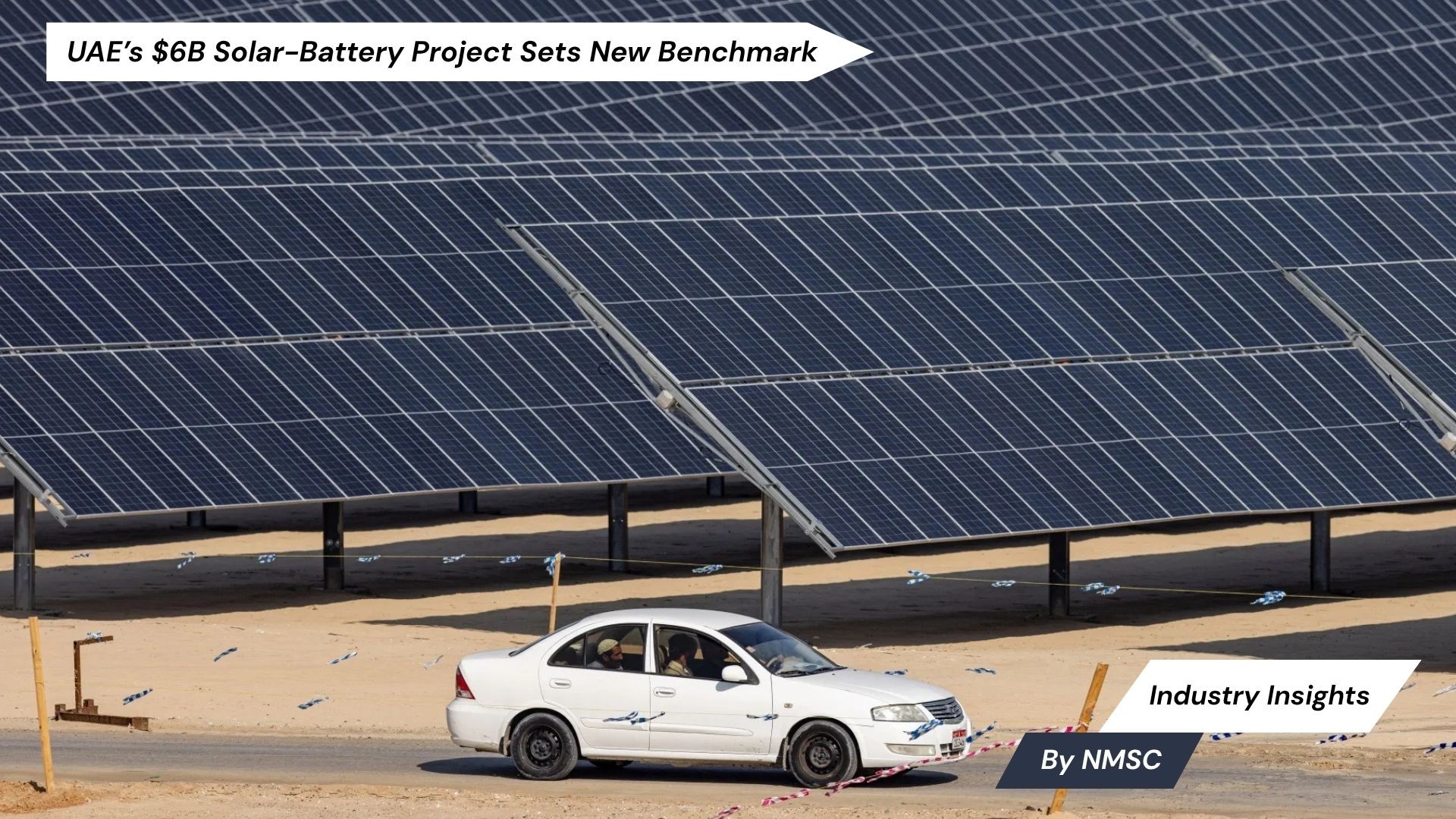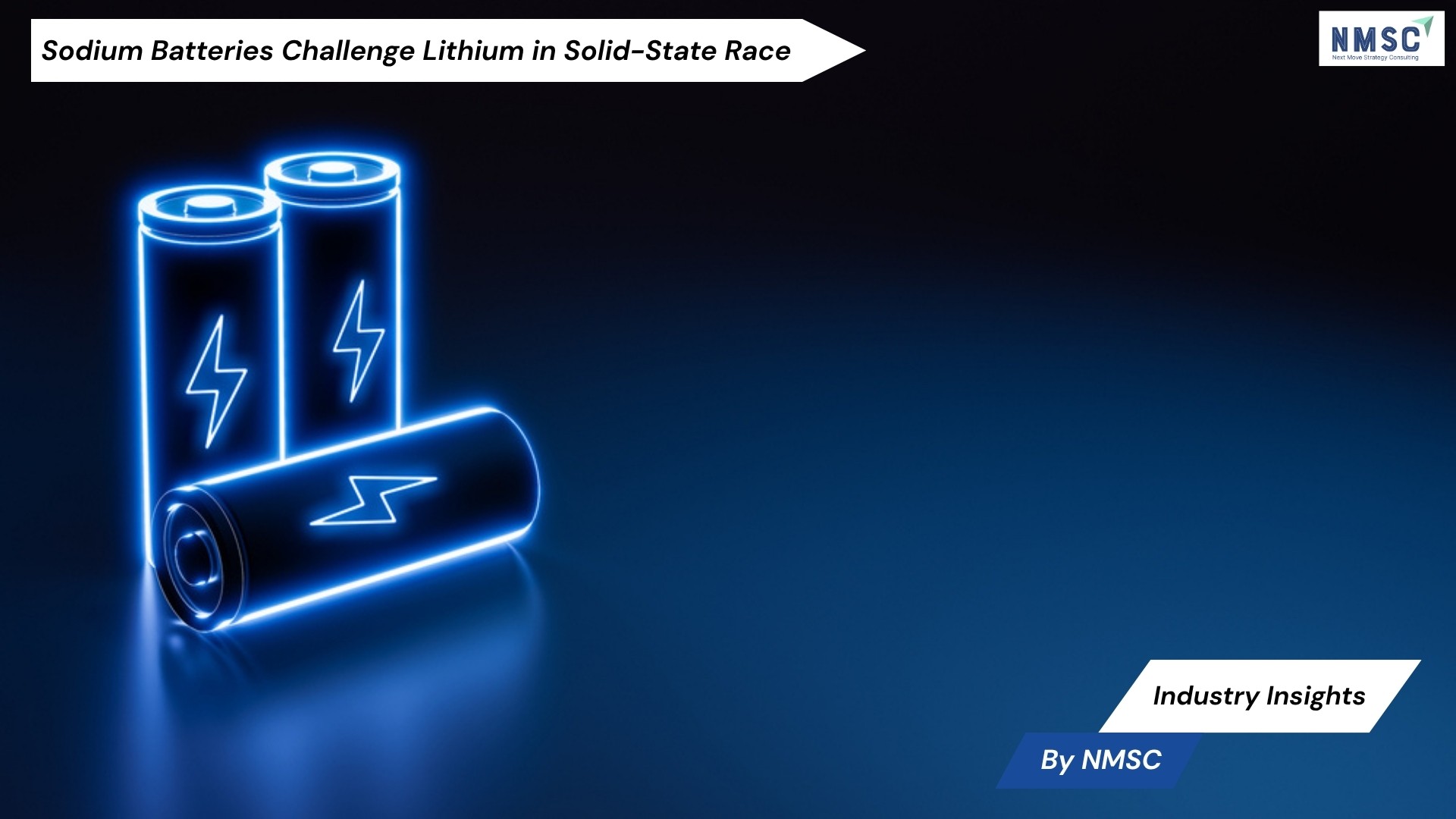Africa Heat Exchangers Market is expected to reach USD 483.9 million by 2030
Published: 2025-01-27
Stringent government regulations regarding energy and growing industrialization and urbanization are driving up demand for the Africa heat exchangers market during the forecast period.
The Africa Heat Exchangers Market size was valued at USD 229.0 million in 2023, and is predicted to reach USD 483.9 million by 2030, with a CAGR of 10.6% from 2024 to 2030, according to new research by Next Move Strategy Consulting.
The stringent governmental regulations regarding energy efficiency play a crucial role in propelling the expansion of the heat exchangers market in Africa. With a strong commitment to reducing carbon emissions and promoting sustainable practices, African authorities enforce strict standards and regulations aimed at improving energy efficiency across various industries.
These regulations serve as incentives for businesses to invest in energy-efficient solutions, such as heat exchangers, to reduce energy consumption and minimize environmental impact. As a result, the demand for heat exchangers in Africa is driven by the necessity to comply with these regulations, leading to market growth and fostering the widespread adoption of sustainable technologies on a national scale. Rapid industrialization and urbanization in Africa play crucial roles in driving the growth of the heat exchangers industry.
With the expansion of urban centres and the flourishing of industrial activities, there is a rising demand for heat exchangers across various sectors, including manufacturing, construction, and residential developments. Key industries such as HVAC, chemical processing, power generation, and food processing heavily rely on heat exchangers to ensure effective thermal management and efficient energy transfer.
This demand for heat exchangers is further amplified by the increasing focus on energy efficiency and sustainable practices, leading to the widespread adoption of these devices within Africa's dynamically evolving industrial landscape. The significant barriers of high installation and maintenance expenses pose formidable challenges to market growth in Africa. Despite the long-term benefits promised by heat exchangers, such as energy efficiency and improved performance, the initial investment required for procuring and installing these systems can be substantial.
Furthermore, the ongoing maintenance costs, including cleaning and repairs, add to the overall ownership expenditure. These elevated expenses discourage many businesses, especially those with limited financial resources, from adopting heat exchangers, thereby restricting market expansion.
To address this challenge, manufacturers and policymakers may need to explore strategies to mitigate installation and maintenance expenses. This could involve initiatives such as incentivizing the adoption of energy-efficient technologies or implementing financial assistance programs to support businesses interested in investing in heat exchangers. By reducing the financial burden associated with these systems, such measures could help promote their wider adoption and foster market growth in Africa.
The integration of heat exchangers with renewable energy systems represents a significant market opportunity. With the increasing demand for renewable energy sources such as solar and geothermal power, heat exchangers play a crucial role in ensuring efficient heat transfer within these systems.
They are utilized in various renewable energy applications, including solar water heating, geothermal heat pumps, and biomass boilers, where they enhance energy efficiency and system performance. The growing emphasis on sustainability and the shift towards clean energy sources further drives the demand for heat exchangers integrated into renewable energy frameworks. This trend not only expands the market potential for heat exchangers but also contributes to the overall growth of the renewable energy sector.
Request for a Sample PDF on the Africa Heat Exchangers Market
Several market players operating in Africa heat exchangers market include Alfa Laval AB, Johnson Controls International plc, Carrier Global Corporation, Lennox International Inc., Trane Technologies plc, API Heat Transfer Inc., Kelvion Holding GmbH, Xylem Inc., Danfoss Group, and General Electric Company among others.
Key Insights from the Africa Heat Exchangers Market Report:
-
The information related to key drivers, restraints, and opportunities and their impact on the Africa heat exchangers market is provided in the report.
-
The value chain analysis in the market study provides a clear picture of the roles of each stakeholder.
-
The market share of players in the Africa heat exchangers market is provided in the report along with their competitive analysis.
















Add Comment